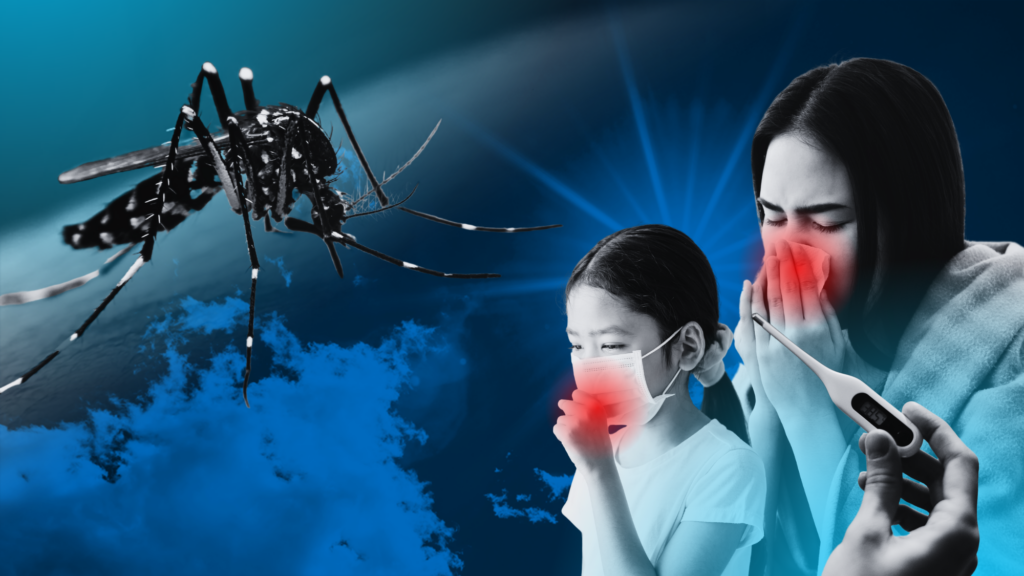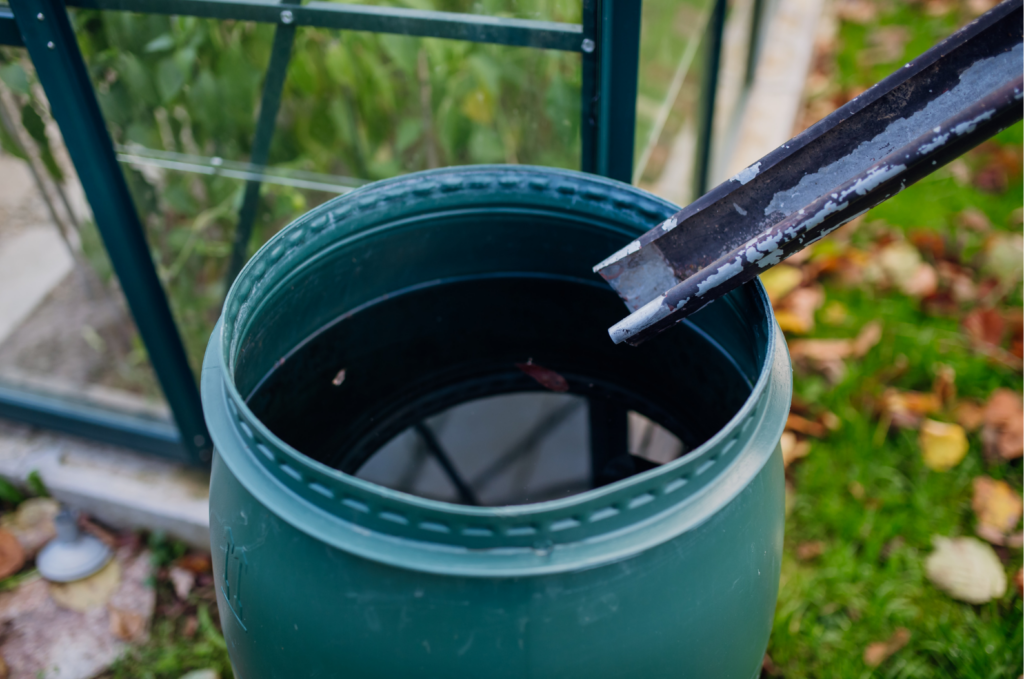Summer 2024: DOH-7 reports rise in dengue, influenza-like illnesses
Summer 2024: DOH-7 reports rise in dengue, influenza-like illnesses
: Niña Mae Oliverio – CDN Digital Multimedia Reporter
April 21,2024 – 08:02 AM

CDND FILE PHOTO by Christian Dave Cuizon
CEBU CITY, Philippines — The scorching summer heat is already too much for the public to endure.
Health experts say that over exposure to the sun may result to heat stroke, cramps, dehydration, and exhaustion.
In addition, they are also urging the public to be mindful of the summer-related diseases like dengue, influenza-like illness, and typhoid fever.
Data from the Department of Health in Central Visayas (DOH-7) show that these summer diseases logged the highest number of cases in the region from March 1 to April 8, 2024.
According to Dr. Shelbay Blanco, head of the Health Emergency Management Services of DOH-7, dengue topped this year’s list of summer diseases with the most number of reported cases.
From March 1 to April 8, DOH-7 has already logged 1,514 dengue cases followed by influenza-like illness with 535 cases, and typhoid fever with 202 cases.
The other notifiable diseases that the agency monitored were hand, foot, and mouth disease; COVID-19; measles/rubella; and cholera, with less than 50 cases reported since the summer began on March 22.
Dengue
Blanco said that the rise in dengue cases may be attributed to the El Niño phenomenon.
He said that when people start to store water, the surge of vectors (insects) like mosquitoes and the rise of vector-borne diseases like dengue may be expected.
“Vector-borne diseases, these are mga diseases, mga sakit nga usually they need another insect nga mo-carry sa maong bacteria or virus nga maoy mag cause sa disease. One concrete example is dengue, the dengue virus being carried by the mosquito,” Blanco said.

Remember to cover your rain barrel. File photo
Blanco said it is important to remind the public to always properly close the lids of their water containers so these won’t be used as breeding sites for mosquitoes.
Dengue-carrying mosquitoes often breed on clean and still water. They can be found on containers used to store water for household use.
Blanco also corrected misconception that dengue-carrying mosquitoes only thrive during the rainy season. He said that they monitor dengue cases “all year round.”
“There’s no longer a wet or dry season involved. It could thrive all year round,” he added.
In addition, he said that dengue spares no one. It can affect anybody, regardless of age, with the most vulnerable individuals those aged six to 10 years old.
Influenza-like illnesses
According to Blanco, people with influenza-like illnesses often have flu, colds, and coughs.
“Magpainit ta and then musulod sa balay, usually magpahangin, magpa aircon. Mao na siya maka affect sa atong health and could lead to influenza-like illnesses,” he said.
With the very warm weather, Blanco said the immune system plays a important role in fighting diseases.
He said that there was a need to always boost the immune system by adopting a healthy lifestyle.
“ taking the right kinds of foods, and taking vitamin supplements could help us para at least pud ma-lessen atong chance nga makakuha og influenza-like illnesses,” Blanco said.
Eating foods rich in vitamins and minerals that can be found in fruits, vegetables, and meat, among others, is a must.

File photo
Typhoid fever
This is a food and water-borne disease caused by a bacterium called Salmonella Typhi.
“If ever nga magka-typhoid fever ta, usually [ang ma-experience] is diarrhea and abdominal pain. More on signs and symptoms kung makainom ug di [limpyo] nga water ug food,” Blanco said.
The need to properly store food and water is a must to avoid contamination.
“Init man kaayo karon, dali rasad ma-spoil ang food. So, mao na we should also store our food in proper places para dili dali madaot ang pagkaon and malikayan nato ang mga kalibanga, and kaning mga food and water-borne diseases,” Blanco said.
Moreover, Blanco is urging street vendors to make sure that the food that they sell remains clean.
“The way the food is being handled, atoang obserbaran para malikayan sad nato ang food and water-borne diseases which are also very common during summer,” he said.
Health tips
Blanco said that observing proper hygiene, that includes the proper washing of hands, is advised to avoid summer-related diseases.
When leaving the house, it is also important to always bring an umbrella or wear a cap for protection against the sun.
Going out between 10 a.m. to 2 p.m. is highly discouraged because of the extreme heat.
“As much as possible if we would like to do summer activities, pwede og sa hapon-hapon na where na scorching heat of the sun could not affect our health as well or mas early pa, between 6 to 8 a.m.,” he added.
Too much exposure to the sun could lead to sunburn, heat stroke, cramps, exhaustion, among others.
“Para malikayan nato ang sunburn, heat stroke, and other heat-related illnesses, then we should always hydrate ourselves. And we should apply sunscreen not just to our body but to our face to protect us from the ill effects of the sun,” Blanco said.
DOH-7, according to Blanco, issued a “code white alert” to ensure the readiness of hospitals, as they launched the “Oplan Init sa Tag-init” on April 1, 2023.
The said alert level has not been lifted to date because of the need to also prepare for the adverse effects of the El Niño phenomenon.
“We continued it (code white alert) to El Niño since the El Niño phenomenon continued after June, mao nang gi-continue nato up to now we are still a code white alert for the El Niño phenomenon,” Blanco said.
Your subscription could not be saved. Please try again.
Your subscription has been successful.
Read Next
Pope Francis appoints Filipino priest as bishop in California
Disclaimer: The comments uploaded on this site do not necessarily represent or reflect the views of management and owner of Cebudailynews. We reserve the right to exclude comments that we deem to be inconsistent with our editorial standards.
